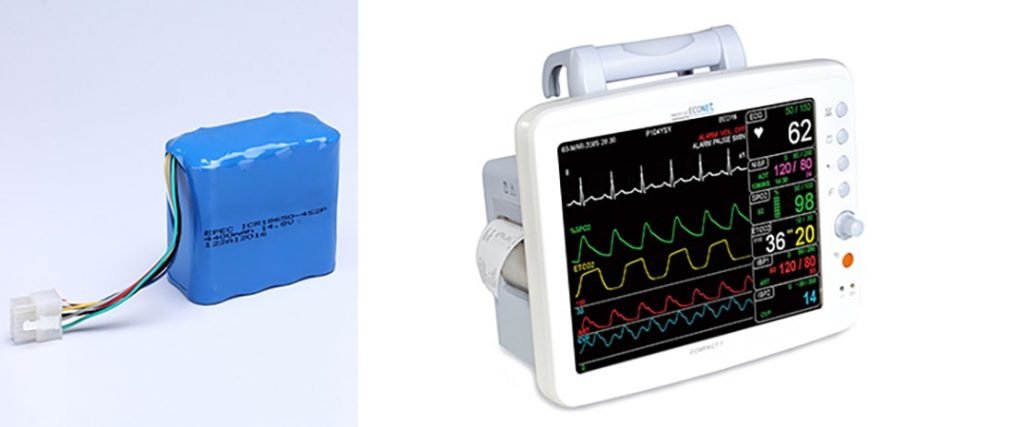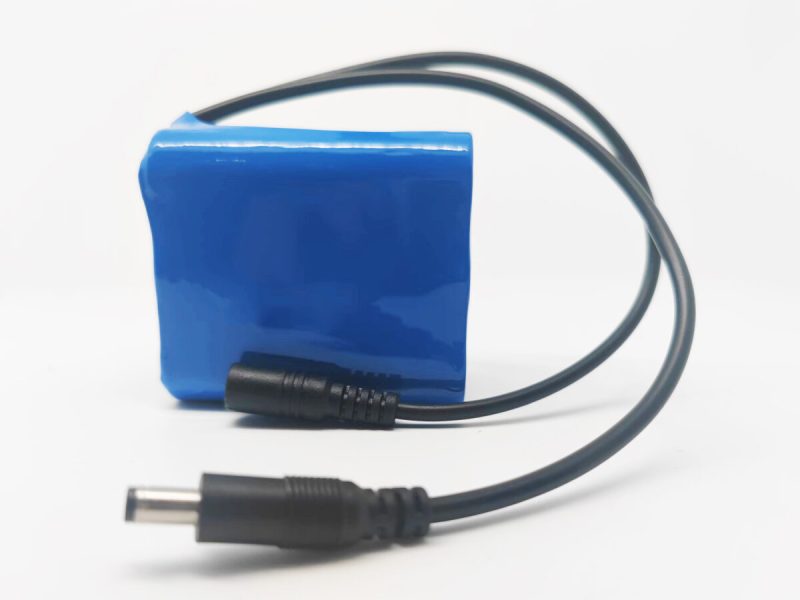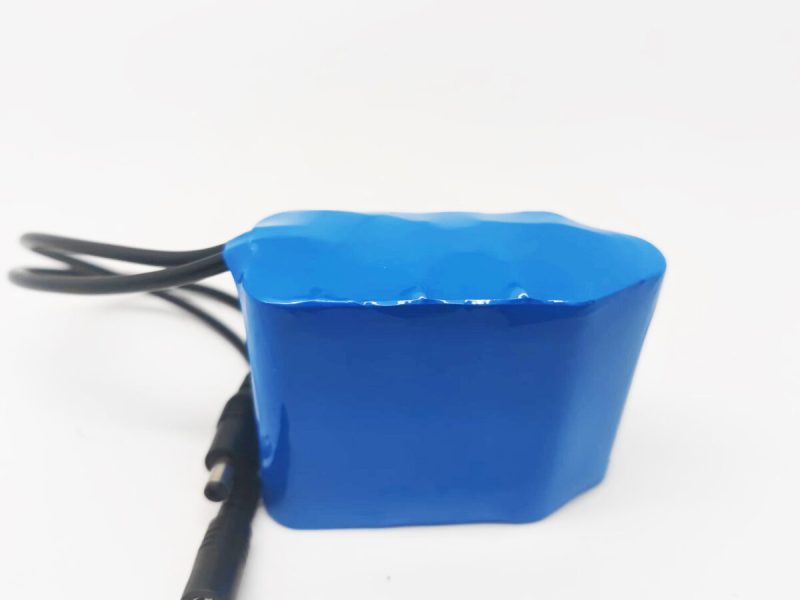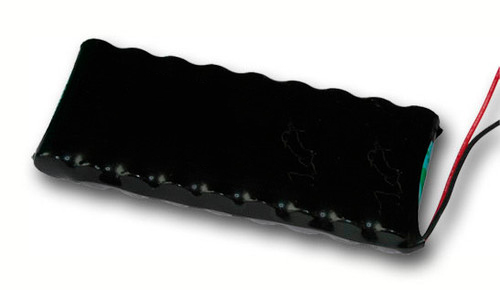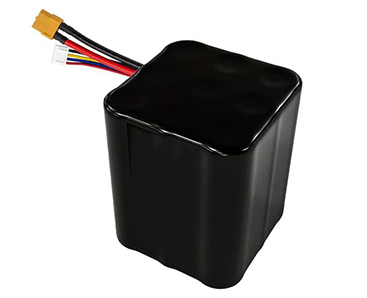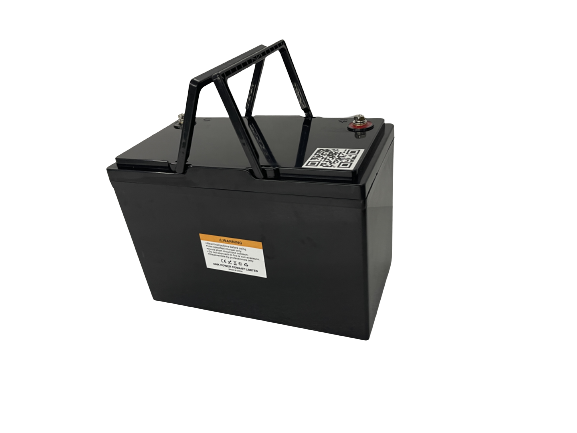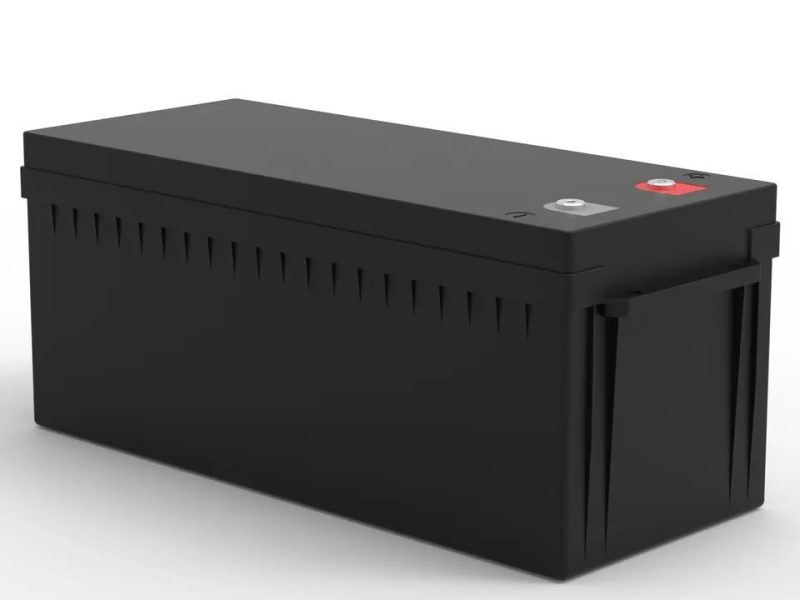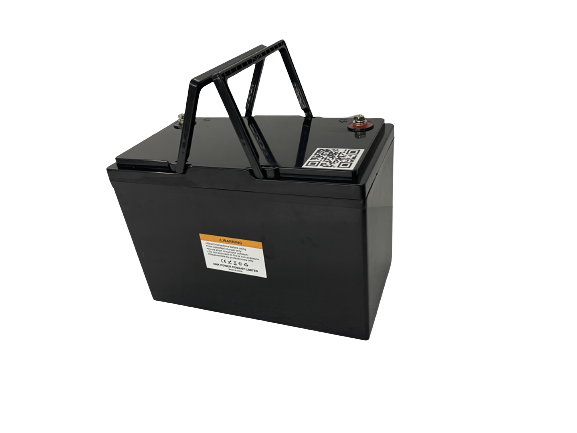ECG batteries from Vade Battery deliver optimal performance for continuous patient monitoring with advanced lithium technology designed specifically for medical applications. Our custom rechargeable solutions ensure reliable power delivery and extended operational lifespans, critical for accurate cardiac data collection and patient safety.
Understanding ECG Monitors & Their Battery Requirements
An ECG monitor is a sophisticated medical device that continuously tracks cardiac electrical activity, providing vital data for patient care in clinical settings. These intelligent instruments rely on dependable power sources to maintain uninterrupted monitoring, especially in critical care environments where battery failure could compromise patient safety.
Key Applications Requiring Reliable ECG Batteries:
- Continuous bedside monitoring in ICUs and CCUs
- Ambulatory cardiac monitoring during patient transport
- Home-based telemetry systems for remote patient monitoring
- Portable diagnostic ECG devices for field medical services
Advanced Battery Technologies for ECG Devices
Modern ECG monitors primarily utilize lithium-based batteries for their superior energy density and reliability. At Vade Battery, we specialize in customized power solutions specifically engineered for medical monitoring equipment with these performance-optimized options:
- Lithium-ion 18650 Batteries: Offering exceptional energy density-to-weight ratio for portable monitoring
- Lithium Polymer Packs: Ultra-thin design for space-constrained medical devices
- LiFePO4 Battery Systems: Superior safety profile with enhanced cycle life for clinical settings
- Custom Medical-Grade Battery Packs: Engineered to exact voltage, capacity, and form factor requirements
Realistic ECG Battery Life Expectations
The operational duration of ECG monitor batteries depends on multiple interrelated factors that impact overall performance. With our extensive experience in medical device power solutions, we can provide accurate lifespan expectations:
Critical Factors Affecting ECG Battery Runtime:
- Battery capacity (mAh rating) and energy density specifications
- Monitor power consumption, particularly display and wireless transmission components
- Operating environment temperatures and conditions
- Usage patterns (continuous vs. intermittent monitoring)
- Battery chemistry and internal resistance characteristics
Under typical clinical conditions, properly maintained ECG batteries can deliver:
- 8-24 hours of continuous monitoring operation
- 1-3 days with intermittent use
- Approximately 3 years of service life before replacement becomes necessary
Expert ECG Battery Maintenance Protocol
Implementing proper maintenance procedures significantly extends ECG battery performance while ensuring reliable operation during critical patient monitoring.
Essential ECG Battery Care Guidelines:
- During Active Monitoring:
- Never remove the battery during patient monitoring sessions
- Connect to AC power when possible to preserve battery capacity
- Battery Storage & Handling:
- Remove batteries from devices not in regular use
- Store in climate-controlled environments to prevent degradation
- Maintain 40-60% charge during extended storage periods
- Performance Optimization:
- Complete a full conditioning cycle before initial deployment
- Follow the optimization sequence: full charge (6 hours) → complete discharge → uninterrupted recharge
- Perform regular optimization cycles to maintain maximum capacity
- Monitor for signs of performance degradation (faster discharge rates, reduced runtime)
- Safety Considerations:
- Replace lithium batteries approximately every 3 years even with proper maintenance
- Avoid overcharging lithium-ion batteries to prevent safety hazards
- Use only manufacturer-approved charging equipment
Vade Battery’s custom ECG power solutions feature integrated protection circuitry, medical-grade materials, and UN38.3 certification for guaranteed safety and performance in healthcare environments. Our engineering team can develop specialized battery configurations optimized specifically for your ECG monitoring requirements, ensuring maximum reliability when it matters most.

